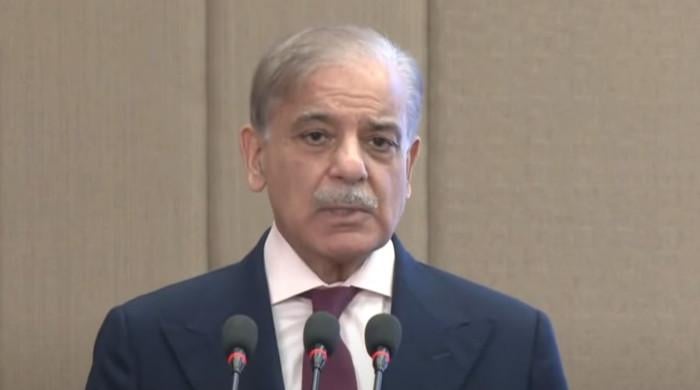Government Embraces Solar Energy Expansion
Prime Minister Shehbaz Sharif affirmed the government’s support for the growing adoption of solar energy in Pakistan, recognizing it as a cost-effective method for electricity generation worldwide. He expressed his views during the launch of ‘Apna Meter, Apni Reading,’ a smart mobile application developed by the Ministry of Energy, Power Division.
The Prime Minister noted that Pakistan stands out as one of the nations experiencing rapid growth in solar energy utilization.
The federal government has modified the budget to reflect a 10% sales tax on imported solar panel components, a reduction from the initially proposed 18%.
Finance Minister Muhammad Aurangzeb previously announced on June 23 that the proposed sales tax on imported components would be reduced to 10% and would affect only 46% of imported items, leading to an approximate 4.6% rise in solar panel costs.
Power Sector Reforms and Consumer Benefits
Highlighting crucial reforms within the power sector, the Prime Minister described the mobile application launch as a transformative measure that will greatly benefit consumers.
He further noted that making the app available in five languages will promote improved coordination among provinces.
The event saw participation from ministers, members of parliament, and relevant officials.
The Prime Minister recalled previous significant decisions made in the energy sector, emphasizing the ongoing commitment to providing consumers with maximum relief.
He stated that significant reforms have been implemented in the boards of electricity distribution companies (DISCOs) across Pakistan, with appointments based on merit.
“Effective measures are also being pursued against corruption. A dedicated task force and the relevant minister have worked diligently to reduce power prices,” he added.
Negotiations with IPPs and Banks
PM Shehbaz mentioned negotiations with Pakistani independent power producers (IPPs) aimed at lowering power tariffs, characterizing them as “challenging negotiations during a difficult period.” Following these talks, the household per unit price was reduced to Rs7.41, he stated.
He added that successful negotiations were also conducted with banks to address the circular debt issue.
The Prime Minister noted that the government leveraged the decline in international petroleum prices to offer relief to power consumers through bi-weekly price adjustments.
“Furthermore, a collective decision was made to address rebasing issues by capping the per-unit price at a uniform rate,” he explained.
He also declared the elimination of the PTV fee collected from consumers through their monthly electricity bills.
Addressing Challenges and Future Prospects
The Prime Minister identified two key challenges in the power sector: power theft, which amounts to Rs500 billion, and the imbalance between high electricity production and lower consumption resulting from the growth of solar energy.
He emphasized that the government is fully aware of these issues and is exploring solutions to drive the country’s progress, while also aiming to further lower electricity tariffs for both industrial and residential consumers.
Minister for Energy (Power Division) Sardar Awais Ahmed Khan Leghari mentioned the reliance on cutting-edge technology to ensure transparency and provide relief to consumers.
He acknowledged overbilling as a major concern and noted that billions of rupees have been reimbursed to consumers as a result.
He stated that the responsibility for meter readings has now been transferred to consumers through the new mobile application.



Comments (0)
No comments yet. Be the first to comment!
Leave a Comment